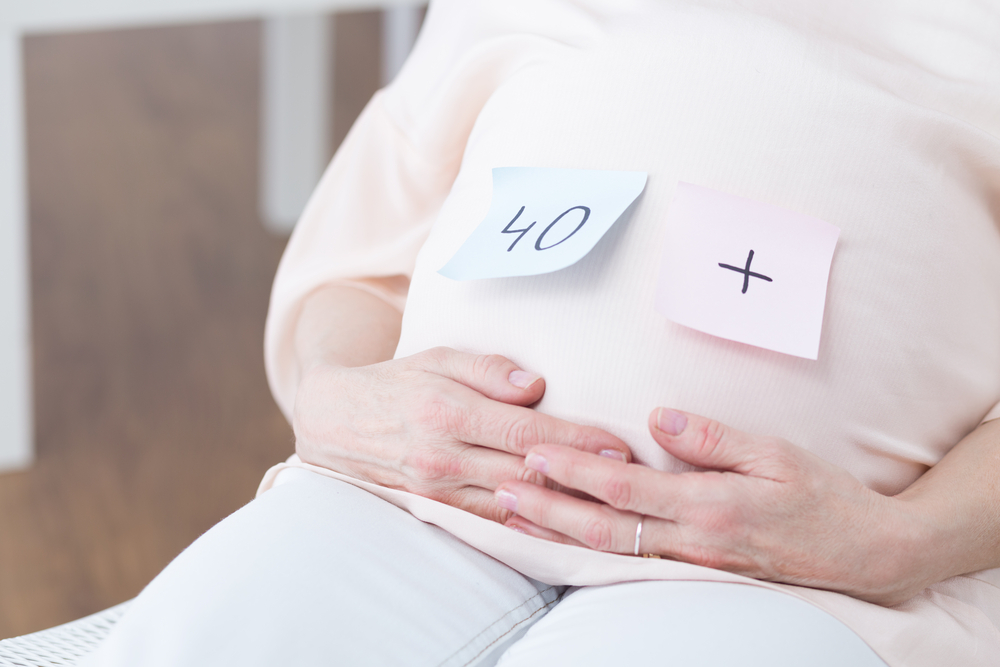Many couples are having babies later in life. This can be for a number of different reasons, from wanting to focus on a successful career to waiting for the right partner.
However, it is a biological fact that as men and women age, their opportunity to have children decreases. Read on to learn more facts about fertility over the age of forty…
- As women age, the number of eggs in the ovaries rapidly decline. By the time a female reaches 40, she is likely to have only 3 percent of the original egg supply she was born with. In addition, as women approach menopause, their ovaries are not as responsive to the hormones which are responsible for ovulation. This is why it is much harder to conceive over the age of 40.
- Twins are more likely as a woman ages. This is because the follicle stimulating hormone (FSH) increases with age. High levels of FSH can cause the release of two or more eggs during ovulation, resulting in multiples.
- As a woman ages, so does the quality of her eggs, which can result in chromosomal abnormalities. This can mean a higher risk of an emergency caesarean section, a low birth weight of baby or a premature birth.
- Studies show that men, as well as women, have a biological clock and they start to tick in their mid-30s. Research suggests that the chances of a successful pregnancy falls when the male is aged over 35. This decrease in fertility is caused by the decline in the number and quality of the sperm they produce. Most studies, however, suggest that the fall in male fertility is a much slower process than that of a woman’s.
If you are over the age of 40 and you are struggling to conceive a child, it is important to seek advice from our experts as soon as possible. We will be able to carry out tests to find out if you or your partner has any fertility issues which are unrelated to your age. We will also be able to suggest suitable treatment options and give you the support and advice you need.
Please do not hesitate to give us a call to book a consultation.

